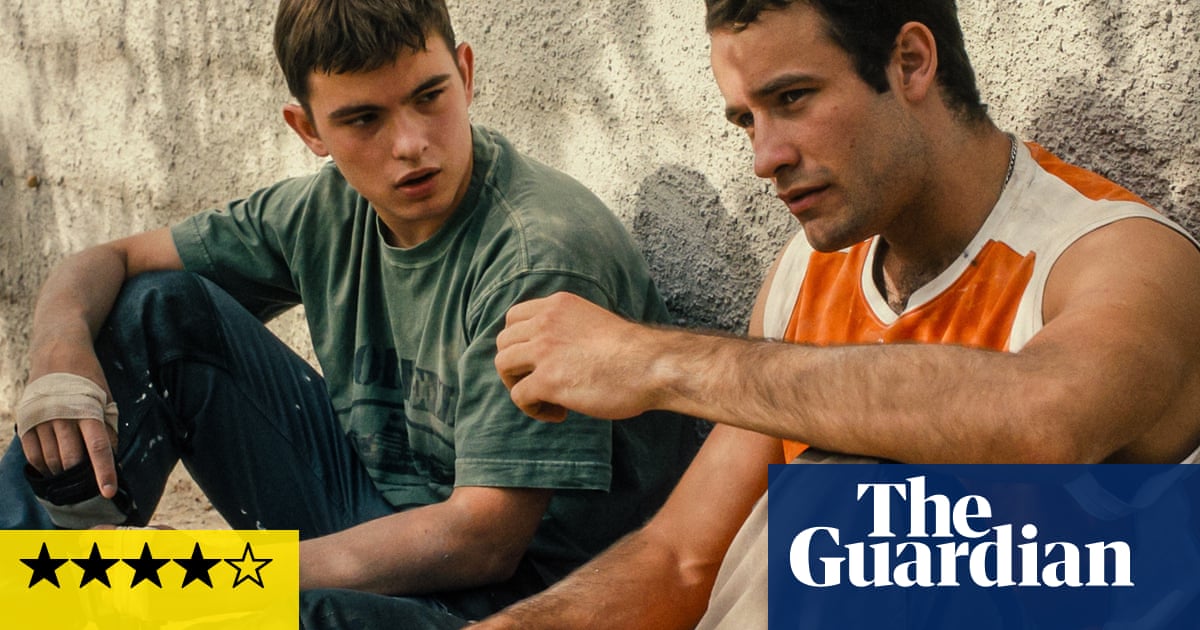The directors fortnight sidebar of Cannes opens with a heartfelt, urgent drama about youth and desire – and destiny, sexuality and class. It is, effectively, the final movie of the lateLaurent Cantet, who died last year.
Cantet was working on the screenplay with his longtime collaborator and contemporary, Robin Campillo and it is Campillo who now directs – and brings to the movie his usual intelligence and clarity.
It is a story of growing pains and not fitting in and the painful mystery of being young. Enzo is a 16-year-old kid from a privileged background, living in a gorgeous villa with a swimming pool; to the intense chagrin of his maths teacher dad and engineer mum he has decided he wants to quit school and work with his hands on a building site as an apprentice. Meanwhile Enzo’s elder brother is poised for a prestigious university career.
Enzo is embarrassingly mediocre at the job and clearly it is only his family’s standing which prevents him from being fired. His father thinks this is a self-harming affectation which might seriously damage his future; he believes Enzo’s talent at drawing means he should apply to art school – a far more acceptable middle-class career path.
But of course this only makes stubborn Enzo more determined to tough it out at the building site where his incompetence baffles and annoys everyone. And Enzo is drawn to Vlad, a friendly young Ukrainian guy who is conflicted about not going back home to join the struggle against Russia.
Enzo is fascinated by the sheer grownup importance of everything Vlad represents: Vlad has a sense of identity and a dramatic dilemma which is gratifyingly real in both its options: stay in France and do manual labour like a real man – or go home and fight? How much more heroic and magnificent is Vlad’s existence, how much more real than silly, muddled, spoiled Enzo’s dreary life choices? And Enzo’s interest in Vlad is romantic in every other sense.
Of course, there’s something tragicomic and absurd about poor Enzo, absurd and humiliating in the way teenage yearning often is – and Enzo’s dad’s suspicion of self-harm turns out to be shrewder than he thought. Campillo and Cantet show us that the agonies of being young and existentially rebellious are not simply shallow and callow: they represent a state of idealism which is poignantly brief, like everything else about youth. It is another powerful, absorbing picture from Campillo and a fitting swan song for Laurent Cantet.
Enzo screened at the Cannes film festival
